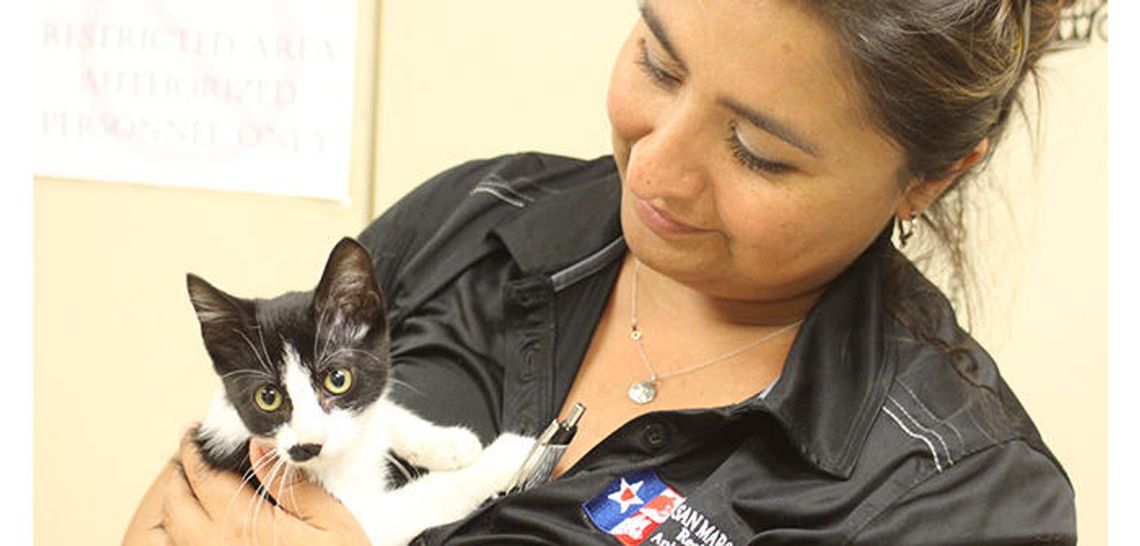A $14,000 increase in monies allocated to the San Marcos Regional Animal Shelter (SMRAS) is how much Buda expects to pay for its services in 2019.
But the move for a new agreement, approved by a unanimous 6-0 vote from the Buda City Council, also came with support of turning the SMRAS into a near no-kill shelter in the future. Council member Lee Urbanovsky was absent and did not vote at the meeting.
“We need to pay our fair share for this, so we can get up to a no-kill or up to a 90-percent. I’m behind this.”
–Paul Daugereau, Buda City Council member
Bo Kidd, Buda Police Chief, said a new agreement was necessary after the previous contract had expired. Kidd said the past agreement with the SMRAS was “not truly a cost sharing method.” Through several meetings with the city of San Marcos, Kidd said the shelter is wanting cities to pay into the pot. San Marcos spends more than $800,000 to operate the shelter and is seeking cities to pay a percentage of the cost based on the number of animals they bring in.
The SMRAS is the only stray animal intake facility for many Hays County communities. Kidd said Buda has utilized the SMRAS for sheltering services since 2012.
In 2018, Buda chipped in approximately $23,000 to the SMRAS; that amount will jump to $37,463 in 2019, Kidd said.
But Kidd said city staff also plans to join the city of San Marcos in supporting a 90-percent live outcome rate at the shelter. Earlier this year, Wimberley and Kyle city leaders approved resolutions supporting a near no-kill facility.
In 2018, the Hays Free Press and News-Dispatch reported efforts by the Hays County Animal Advocates pushing for the shelter to declare 90 percent of pets that enter the shelter are adopted or sent to third-party groups.
In August 2018, the SMRAS operated at a range of 105 to 120 percent overcapacity. In December 2018, the shelter took in 170 dogs and cats following an animal seizure case in Buda.
Buda City Council member Paul Daugereau said he was 100 percent behind the new agreement and resolution for no-kill status.
“We need to pay our fair share for this, so we can get up to a no-kill or up to a 90-percent. I’m behind this,” Daugereau said.
Council member Wiley Hopkins said early on that he was appalled at the conditions of the shelter and the kill rate at the facility.
“It was very necessary for this community and others to get aboard and in a humane way to take care of these animals,” Hopkins said. “It’s reflective of the community to approve this resolution.”











